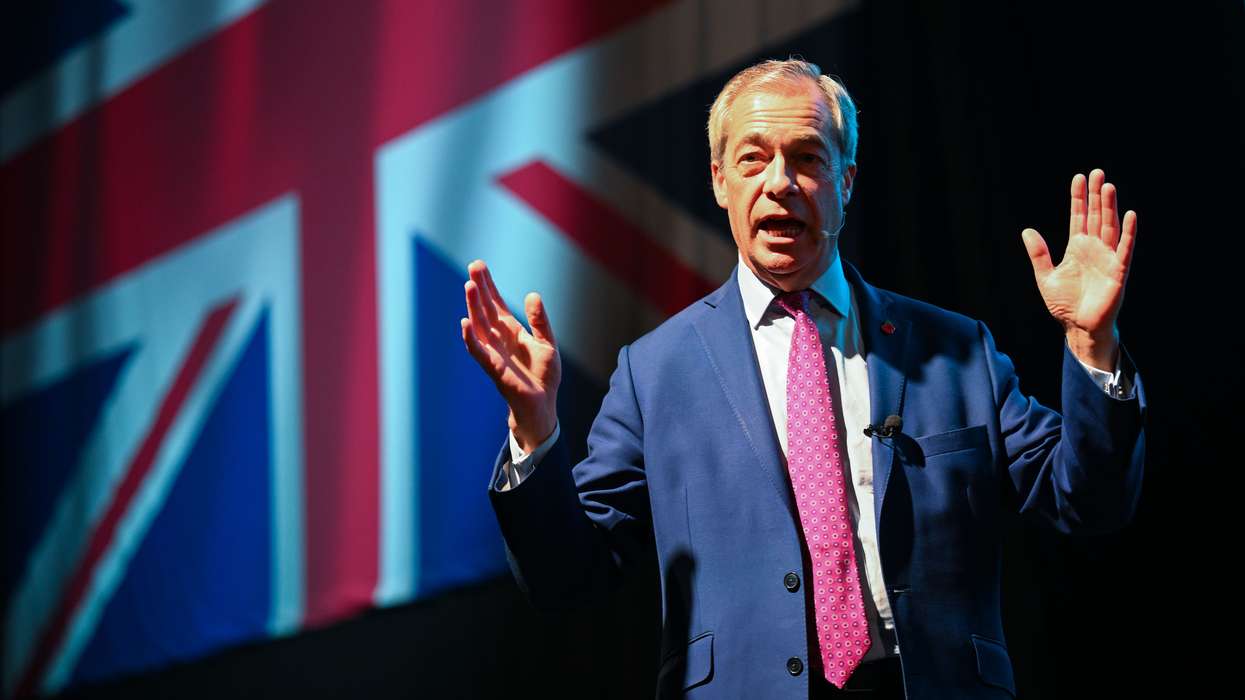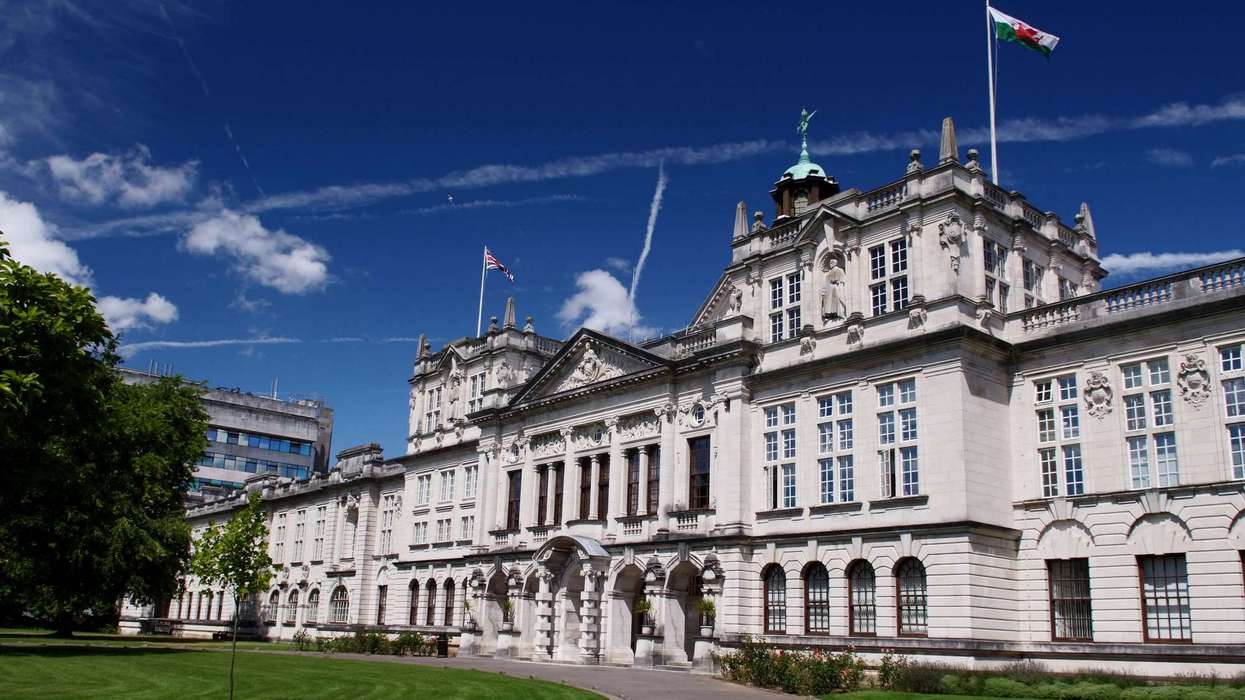UK regulators took action to reduce the cap on domestic energy bills on Thursday (25), aiming to alleviate the cost-of-living challenges faced by consumers.
This decision came shortly after data revealed a slowdown in heightened inflation.
Ofgem, the regulatory body, announced that starting from July, the maximum amount suppliers can charge an average household would be £2,074 ($2,564).
The reduction was attributed to the recent decline in wholesale energy prices.
Previously, the cap stood at £3,280, but the government had implemented subsidies to restrict the typical bill to £2,500, aiming to protect consumers from the impact on their living standards.
The invasion of Ukraine by key oil and gas producer Russia in February 2022 had a profound impact on energy prices and contributed to a surge in inflation. As a result, governments were compelled to take swift measures to stabilise energy supplies and provide subsidies for domestic bills.
However, in recent months, energy prices have experienced a sharp decline. This can be attributed to several factors, including warmer weather conditions in Europe and a reduced dependence on Russian oil and gas by various nations.
"Today's update means that, for the first time since the global gas crisis took hold more than 18 months ago, prices are falling for customers on default tariffs," the energy watchdog added in a statement.
The recent development announced on Thursday signifies that taxpayers will no longer need to subsidise energy bills, as the newly set cap is lower than the energy price guarantee proposed by Prime Minister Rishi Sunak.
However, Ofgem has issued a warning that numerous households may still face difficulties in paying their energy bills, as the prices remain elevated compared to the pre-incident period when Moscow initiated its attack on Ukraine.
According to official data released on Wednesday, the annual inflation rate in the UK reached a 13-month low in April but still remains high at 8.7 percent due to the significant rise in food prices, which offset the decrease in energy costs.
This rate represents a slowdown from March when it stood at 10.1 percent, marking the first time since August of the previous year that the rate has fallen below double digits.
Ofgem chief executive Jonathan Brearley said Thursday it was "encouraging" to see the energy market stabilising and prices moving downwards after a "difficult" winter.
"People should start seeing cheaper energy bills from the start of July, and that is a welcome step towards lower costs," he said.
"However, we know people are still finding it hard, the cost-of-living crisis continues and these bills will still be troubling many people up and down the country."
People facing difficulties are being encouraged by the regulator to utilise available support measures, which include options such as payment plans and hardship funds.
(AFP)




